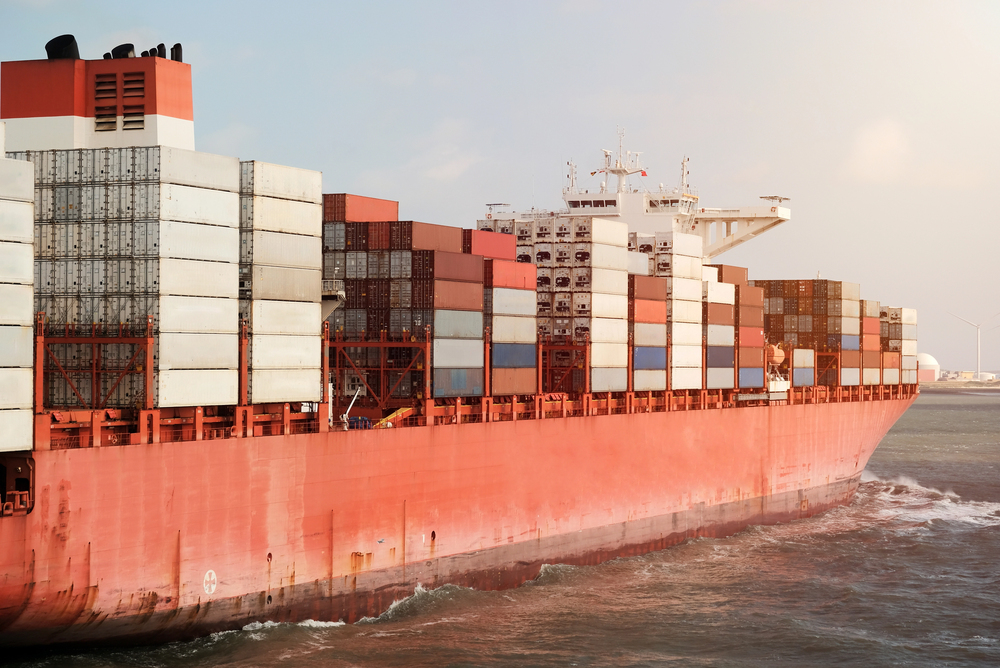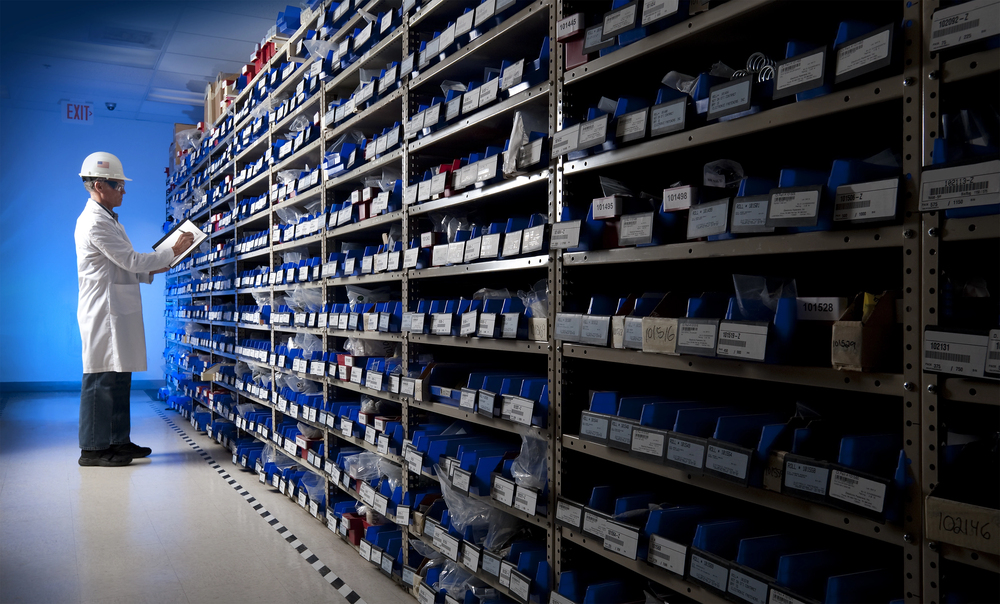Business and Economy
Explore Business and Economy

Dr. Claudia Ituarte-Lima – Dr. Radu Mares | How Latin America’s Groundbreaking Treaty Intersects with European Economic Law
Research by Dr. Claudia Ituarte-Lima and Dr. Radu Mares at Lund University examines how a pioneering environmental agreement in Latin America and the Caribbean introduces new ways of protecting nature and human rights. Their study reveals both opportunities and challenges in how this regional treaty interacts with European Union trade laws, offering insights into how different regions can work together to protect the environment and strengthen democracy.

Dr. Kurt Vollmer | Weeding Out the Competition: The Promise of Cover Crops in Sustainable Agriculture
As global agriculture faces increasing challenges from climate change, soil degradation, and herbicide resistance, sustainable practices are becoming more crucial than ever. Among these practices, the use of cover crops, a technique that has been gaining traction for its multiple benefits, stands out. Dr. Kurt Vollmer and his colleagues at the University of Maryland and Rutgers University have delved into this area, focusing on the potential of spring-seeded grass cover crops in improving weed management and crop yields, specifically in cucurbit production. Their research sheds light on how integrating cover crops with traditional farming techniques can lead to more sustainable and productive agricultural systems.

Dr. Luqi Ke – Prof. Dr. Qing Liu | Shipping Freight Rates: Mapping the progress of quantitative models
Freight rates are crucial in the shipping industry, underpinning the operations of shipowners, carriers, and trading companies. Over the past two decades, various studies have aimed to model these rates, employing various approaches to study different sectors of the shipping industry. A research team led by Qing Liu and Luqi Ke at the University of Hamburg presents a new review of these studies, which have important implications for the future of freight rate modelling.

Axel Marx | The successes of voluntary sustainability standards and the challenges they face
Voluntary Sustainability Standards have emerged as influential tools to promote sustainable practices in global value chains and are becoming increasingly relevant in the context of new legislation by the European Union and other governments for the promotion of sustainable development. A comprehensive review led by Axel Marx at KU Leuven examines the evolution, impacts, and challenges of these standards, offering insights into their role in global governance and sustainable development.

US-China Trade War Tariffs: Unveiling the Hidden Costs to American Consumers
An innovative study reveals how US tariffs on Chinese goods have disproportionately affected low-income American households, challenging the effectiveness of protectionist trade policies. Research from an international team of scholars, Professors Mingzhi Xu at Peking University, Hong Ma at Tsinghua University, Jingxin Ning at UIBE, and Luca Macedoni at Aarhus University, provides compelling evidence for the benefits of free trade and the often-overlooked costs of trade barriers.

Professor Benjamin Melamed | A Better Way to Measure the Inventory Turnover Ratio metric, a Key Performance Indicator for Businesses
Inventory management is a key activity in many organizations. Its performance is often measured by the inventory turnover ratio metric, or ITR for short. This is a key performance indicator that managers are incentivised to improve. However, improper measurement of the ITR metric can cause problems in terms of reliability, comparison, and bias. Professor Benjamin Melamed of Rutgers University has proposed novel formulations of Little’s Law. The traditional Little’s Law is used an as approximation of real-life measurement, whereas Melamed’s versions are exact and robust.

Marine Bardou | Quiet Early Bird or Loud Late Riser? Understanding the European Parliament’s Involvement in International Agreements
The European Parliament has the ability to play a key role in shaping the European Union’s international agreements. But how exactly does it get involved in these complex negotiations? Researcher Marine Bardou from the University of Louvain has conducted a comprehensive study to answer this question, revealing surprising patterns in the Parliament’s activities.

Professor Bertrand Guillotin | What Happens When Companies Take a Stand Against Unethical Practices?
Corporate responsibility is increasingly crucial for businesses, but it comes with challenges. Using Hershey as an example, Professor Bertrand Guillotin of the Fox School of Business at Temple University explores the chocolate industry’s struggle with child labor in West Africa. Despite commitments to eradicate this issue, progress has been slow. He examines the changing governance landscape, evolving consumer expectations, and the impact of ethical concerns on business operations.

Professor Bertrand Guillotin | CEOs Face a Tough Challenge in Navigating the ‘Culture Wars’
What is the impact of the ‘culture wars’ on American businesses? Professor Bertrand Guillotin at the Fox School of Business at Temple University explores this phenomenon using the case of Chick-fil-A, a fast-food giant caught in the crossfire of social issues. From its conservative Christian roots to recent attempts at inclusivity, he explores how CEO Andrew Cathy has so far navigated this complex landscape. Examining strategies other companies use to manage their stance in today’s polarized climate, he highlights the challenges of balancing corporate values with social values.

Professor Kenneth Scheve – Professor David Stasavage | Why US Tax Policy Hasn’t Responded to Rising Inequality
Whether policymaking can develop solutions for the inevitable problems that capitalism creates has long been a concern of political economists. One of these issues is rising inequality across the USA and other countries. Inequality is a significant risk for political stability, so it is vital to understand how democratic societies respond to it. Progressive taxation policies, which tax the rich at higher rates, can help to equalize incomes and wealth. Despite this, over the last four decades while inequality has increased, successive US governments have introduced falling tax rates for top earners. Why is this?

Dr. Andrea Christou – Professor Chad Damro | Trade Policy in the EU: Market Focus or Geopolitical Tool?
The role of EU trade policy is evolving in today’s complex global landscape. Dr. Andrea Christou and Professor Chad Damro at the University of Edinburgh have studied how the EU balances traditional market-oriented goals with emerging geopolitical pressures. Their analysis explores how different EU bodies frame trade policy, highlighting the contrast between the EU’s broader geopolitical strategy and its trade department’s narrower approach.

Dr Patrick Wagner – Professor Damian Raess | Globalisation: A Race to the Bottom or an Opportunity to Improve Labour Standards?
Brazil, Russia, India and China, often known as the BRICs, have seen explosive growth in the past two decades and have asserted themselves as drivers of globalisation. Many scholars have researched the effects of this growth and development, and how these factors have affected domestic labour conditions. But are they asking the right questions? For instance, if developing countries invest in developed economies, will this lead to improved working conditions in the investing developing nation? Dr Patrick Wagner of the University of Konstanz, Germany, and Professor Damian Raess of the Catholic University of Lille, France, have conducted a study investigating whether Brazilian direct investment in Europe leads to improved working conditions back in Brazil.
Increase The Impact Of Your Research!
Explore partnership opportunities
Stay Up To Date With SciPod
